UPDATE | 2022年02月03日
皆さんの国にはどんな日本料理のお店がありますか? 寿司やてんぷらなどの定番メニューからラーメンやカレーライスなど庶民的なものまで、今や世界中で色々な日本料理が食べられていますね。今回は、日本を訪れた際にぜひ味わってほしい「日本の味」を歴史と一緒に紹介したいと思います。
皆さんの国にはどんな日本料理のお店がありますか?
寿司やてんぷらなどの定番メニューからラーメンやカレーライスなど庶民的なものまで、今や世界中で色々な日本料理が食べられていますね。
今回は、日本を訪れた際にぜひ味わってほしい「日本の味」を歴史と一緒に紹介したいと思います。

まずはやっぱり、世界中で愛されている日本の味といえば「抹茶」ですね。
今では英語で「MATCHA」と表記されるようになり、抹茶ラテや抹茶アイスクリームなどを扱うお店も増えて海外でも抹茶の知名度は高くなってきています。
抹茶といえば甘いスイーツのイメージを持つ人が多いかもしれませんが、実は抹茶そのものはとっても苦いんです。
そもそも「抹茶」とは、「碾茶(てんちゃ)」という種類の茶葉を粉末状にしたものです。
強い日差しに当たらないように特別な方法で栽培して、それを蒸して乾燥させて余分なものを取り除いて作られているため、旨み成分と渋み成分がギュッと詰まっています。
では少し抹茶の歴史を覗いてみましょう。
お茶は800年ごろに中国から日本に伝えられ、はじめは薬として飲まれていました。
少しずつお茶の文化が普及し始め、1200年ごろから京都の「宇治(うじ)」という地方を中心に国内でも本格的にお茶の栽培が開始されました。
この頃からお茶は薬としてだけではなく、心身共に健康になる飲み物として瞑想の際などに取り入れられるようになりました。
その後1600年ごろに「千利休(せんのりきゅう)」という茶人が抹茶を使ってお茶会を楽しむ作法を普及させました。これが茶道(さどう)の始まりだと言われています。
客室にお客を招き、相手のことを考えながらお茶を立て、和菓子と一緒に味わってもらうという茶道の世界には日本の「おもてなし」精神が表れています。
千利休は禅の影響を強く受けていて、質素に今あるものを受け入れて楽しむという「侘び寂び(わびさび)」の精神も茶道の普及と共に広がりました。
日本を訪れる際には抹茶スイーツだけではなく、本物の抹茶の味を体験することでさらにその奥にある日本人の精神文化も感じてもらえたらと思います。
初めて飲む人にとって抹茶は、苦くて飲みにくいという印象を持たれるかもしれません。そんな時は先に和菓子を食べて口の中を甘くしてから飲むと、ちょうどいいバランスで抹茶の苦みを楽しめますよ。
京都では本格的なものからカジュアルなものまで、いろいろなスタイルで茶道が体験できます。
中でも先ほど紹介した「宇治(うじ)」はお茶文化発祥の地だけあって抹茶を扱うお店も多く、街全体にお茶のいい香りが漂っています。
お茶屋さんで気軽に抹茶と和菓子を頂くこともできるので、ぜひ本格的な抹茶を味わいたい方は京都の宇治を訪れてみてくださいね。
[PR]

続いては日本料理の基本の味となる「味噌(みそ)」を紹介します。
味噌は大豆発酵食品(だいずはっこうしょくひん)としてそのまま食べることもできるし、調味料として様々な料理に使うこともできます。
みなさんが「味噌」と聞いてまず最初にイメージするのは「味噌汁」ではないでしょうか。
味噌は、800年ごろお茶と同時期に中国から日本にやってきました。大豆、麦や酒、塩などを混ぜて発酵させた醤(ひしお)が 原点であると言われています。
最初はおかずとしてご飯と一緒に食べられていましたが、その後味噌汁へと発展していき、次第に日本の食事の定番となっていきました。
味噌はおいしいだけでなく昔から「医者いらず」の食品として有名で、身体にいい栄養素がたくさん入っています。味噌汁を毎日飲む人が多いので日本では長生きする人が多いのかもしれませんね。
味噌はスーパーやコンビニなどどこでも買うことができます。旅行の時に便利なインスタント味噌汁もおすすめで、私はいつも海外に行くときに持っていきます。
また、もう一つ味噌料理の定番と言えば「味噌ラーメン」。
発祥は北海道で、バターとコーンが入っている「味噌バターラーメン」はとても人気があります。
東北地方で食べられている「辛味噌ラーメン」もとてもおいしいですよ。
その他にも京都の白味噌に漬け込んだ魚を焼いた料理「西京焼き(さいきょうやき)」、大根やこんにゃくに味噌をつけて食べる「味噌田楽(みそでんがく)」など、味噌を使った料理はたくさんあります。
居酒屋などのメニューで味噌料理を見つけたらぜひトライしてみてくださいね。

好き嫌いがはっきり分かれる日本の名物といえば?と聞かれたら、多くの日本人は「納豆」と答えるのではないでしょうか。
最近では英語で「Natto」と表記されることも多く、海外でも手に入れやすくなってきていますね。
納豆も味噌と同様、発酵食品として古くから日本で食べられてきました。起源は諸説ありますが、日本で米や豆の栽培が始まったころに、稲作で使われていた藁(わら)で 茹でた大豆を包んで数日間おいていたら納豆菌が発生した、というのが始まりだとか。
食べてみたら意外とおいしかったのでいつの間にか日本中に広まっていったそうです。
独特の香りとネバネバと糸を引くのが特徴で、初めて食べる場合は服などに付かないよう注意が必要です。
しょうゆを入れてぐるぐると何度もかき混ぜて細かく切ったネギやシソの葉を入れて食べると臭みが消えるのでおすすめです。
生卵と一緒にかき混ぜて食べると、ふわふわでネバネバという不思議な食感が楽しめます。
また、アツアツの炊きたてご飯の上にのせて食べるのが最高、という人もいます。
見た目と香りのインパクトが強い納豆ですが、実は栄養満点の健康食品です。特に寒さが厳しい東北地方では、冬を乗り切るための栄養素として納豆を日常的に食べる人が多いと言われています。
みなさんが日本のスーパーに行くと納豆の種類の多さにびっくりするはずです。豆のサイズや臭いの有無などバリエーションは様々ですが、どれもお手頃価格なので ぜひ色々試してみて自分好みの納豆を見つけてくださいね。
いかがだったでしょうか?
今回は、日本を訪れた際に味わってほしい「日本の味」を3つ紹介しました。その食べ物の歴史や文化背景を知ることで、より深く味わうことができるのではないかと思います。
日本の食文化やマナーについて詳しく知りたい方はこちらの記事を参考にしてみてください。

大阪出身のフリーランス日本語教師兼ローカルガイド。2020年に京都の魅力にハマり、2021年に移住。現在はプライベートレッスンをメインに日本語を教える傍らライティングや中日翻訳校正、オンライン体験などを企画運営している。
[PR]
[PR]